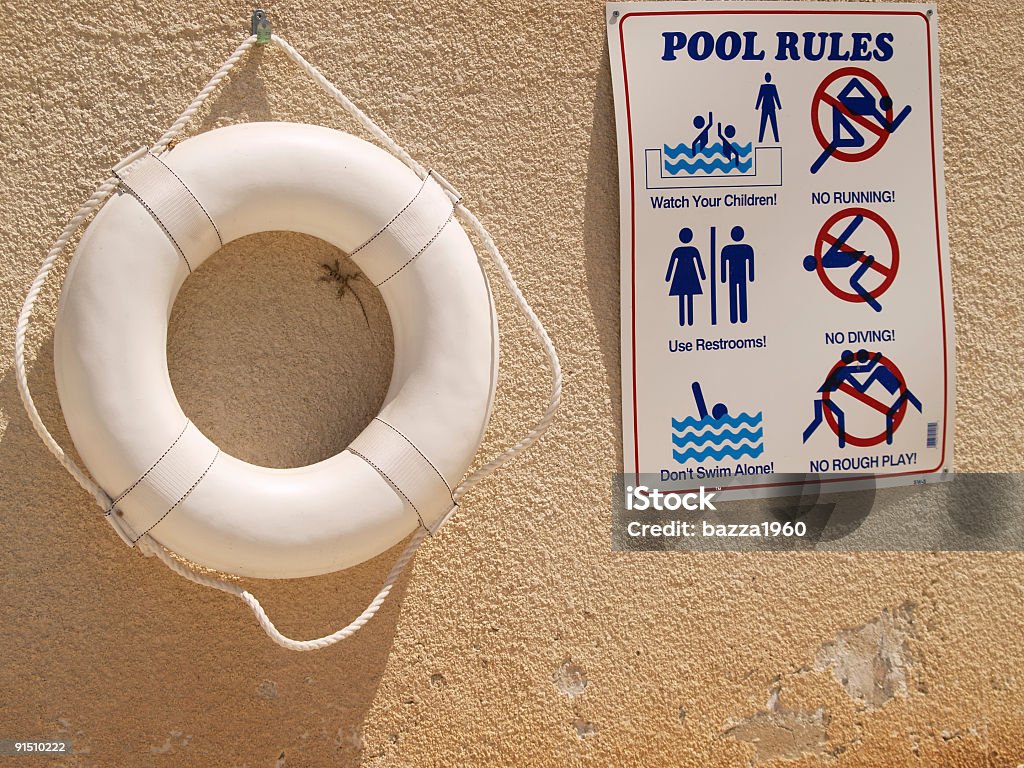Why Pool Safety Is Crucial as Texas Temperatures Rise
With scorching summers and long heatwaves, pools are a way of life in Texas. But behind the fun lies serious risk—especially for children, seniors, and inexperienced swimmers. Drowning is one of the leading causes of unintentional injury-related deaths in Texas, and many of these tragedies are preventable.
Here’s why pool safety is more important than ever—and how you can stay safe.
Drowning Statistics in Texas
According to the Texas Department of Family and Protective Services:
-
Texas ranks among the top states for child drownings.
-
Most pool drownings happen in residential settings.
-
Lack of adult supervision is a leading factor.
Common Pool Hazards
-
Unsecured pool areas (no fences or locked gates)
-
Lack of supervision
-
Slip-and-fall injuries on wet decks
-
Electrical hazards from faulty wiring
-
Diving injuries in shallow areas
Safety Tips for Texas Pool Owners and Guests
-
Install barriers: Fencing at least 4 feet high with self-latching gates.
-
Use alarms: Pool and door alarms alert you to unexpected access.
-
Supervise constantly: Designate a “water watcher” and avoid distractions.
-
Teach swimming early: Children who can swim are far safer.
-
Keep life-saving equipment nearby: Floatation devices, reaching poles, and a phone for emergencies.
Legal Responsibilities for Pool Owners
Under Texas law, property owners have a duty to keep their premises reasonably safe. If someone is injured due to lack of maintenance or safety precautions, the owner may be held liable under premises liability laws.
Keywords: pool accident lawyer Texas, premises liability, pool owner responsibility

